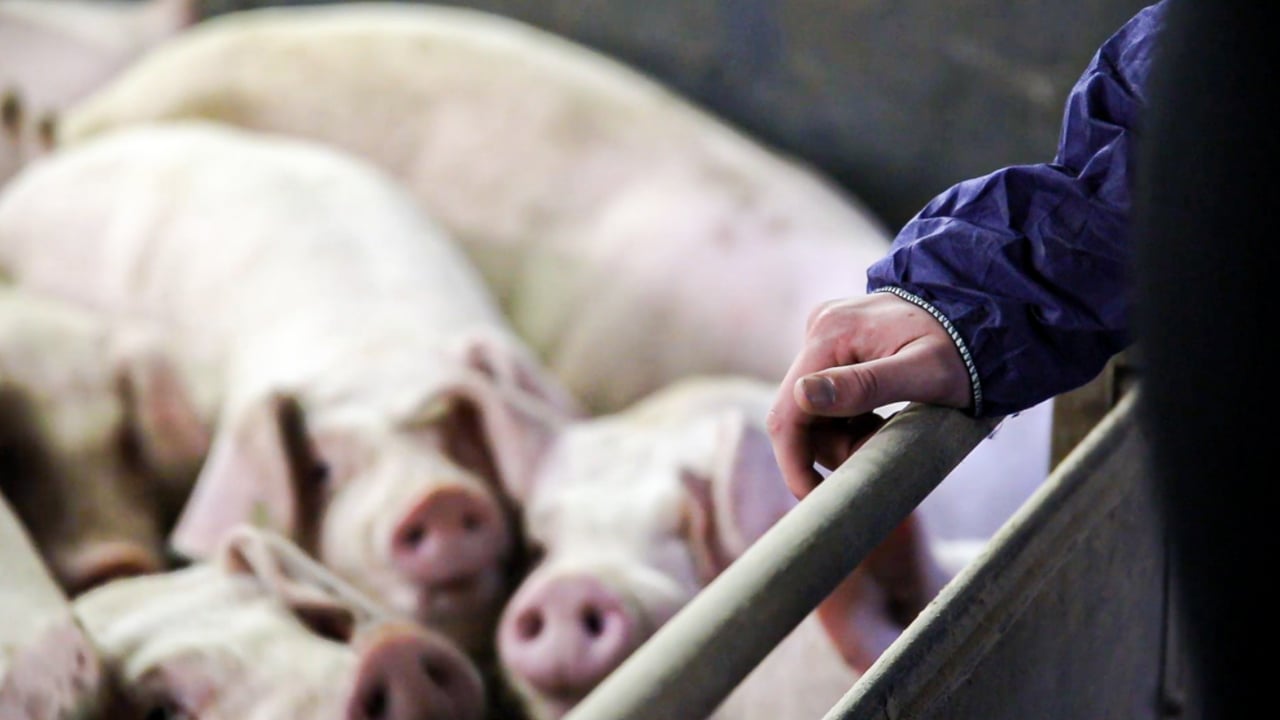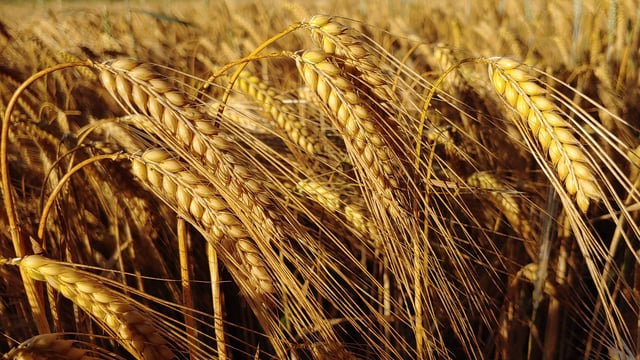NI agriculture minister reminds pig farmers of ASF risk
Northern Ireland Agriculture Minister Edwin Poots is reminding pig owners about the risk of African Swine Fever (ASF) following a confirmed case in a wild board in northern Italy.
“If the disease were to reach our shores, it could have a devastating effect on export markets and would also require the humane culling of pigs on infected premises to prevent further spread," said Poots.
“The introduction of African Swine Fever would have a significant detrimental impact on our pig industry," added Northern Ireland's chief veterinary officer Robert Huey.
"The need for consistent excellent biosecurity is also paramount in minimising disease risk, such as providing dedicated clothing and boots for workers and preventing vehicles which may be contaminated from entering pig premises.”
ASF is a highly contagious, and often lethal, viral disease of pigs and boars. It can be spread through direct contact with infected pigs, faeces or bodily fluids; indirect contact via fomites, i.e. equipment, vehicles or people who work with pigs between pig farms with ineffective biosecurity; and pigs eating infected pigmeat or meat products.
Clinical signs are indistinguishable from classic swine fever. They include high temperatures and disinterest in food.
Other symptoms include vomiting; diarrhoea (sometimes bloody); reddening or darkening of the skin, particularly ears and snout; gummed-up eyes; laboured breathing and coughing; abortion, still births and weak litters; and weakened and unwillingness to stand.
ASF is non-transmissible to humans.
Earlier this month on January 2, ASF was confirmed in a wild boar in Piedmont, the Municipality of Ovada in the province of Alessandria, Italy. Previously, the disease was present only in Sardinia.
The virus found in Piedmont is genetically different form the one circulating in Sardinia, and corresponds to the once circulating in Europe in recent years.





